 |
| Singer Dianne Reeves performs with the BBC Concert Orchestra and conductor John Mauceri at the BBC Proms Photo credit: © BBC/Mark Allan |
Prom 27: Ella and Dizzy: A Centenary Tribute
Royal Albert Hall, Friday 4 Aug. Review by Alison Bentley)
The idea of a tribute might suggest that US vocalist Dianne Reeves and Australian trumpeter James Morrison would be standing in the place of Ella Fitzgerald and Dizzy Gillespie. Although, as a girl, Reeves was encouraged by Ella, and Morrison mentored by Dizzy, there was always a sense in this momentous concert that the two soloists were playing jazz their own way. “Be yourself, because there’s nobody like you,” Reeves said in a 2015 interview.
Two Gershwin pieces opened: first, a Proms premiere of Manhattan Rhapsody, a sequel to Rhapsody in Blue. Jazz chords were teased out orchestrally behind Victor Sangiorgio’s piano – a sharp 9 chord had chilling high strings that shivered down the spine. Dry ice filtered through the shafts of pink light, evoking A Foggy Day (In London Town) for Reeves. The chameleon BBC Concert Orchestra moved through Vince Mendoza’s lush arrangement; from rustling strings and orchestral sound to full big band punch, as Reeves burst into swinging scat singing with all of Ella’s skill and playfulness.
 |
| Trumpeter James Morrison performs with the James Morrison Trio and the BBC Concert Orchestra under conductor John Mauceri at the 2017 BBC Proms Photo credit: © BBC/Mark Allan |
Morrison’s own sparkling arrangement of Cherokee was ‘Dizzy-fied’, as conductor and compère John Mauceri put it. The breathless swing of Morrison’s son Harry (Morrison) on double bass led into Morrison’s high squeals and acrobatics, delighting the audience. He had Dizzy’s spark and humour, though perhaps an even more fluid tone. “That’s how I love to start a performance,” Morrison joked. “Just ease into it!” In the ballad Round Midnight, the trumpet was as warm and low as a flugel. Slithering strings played sweet, piquant harmonies, like strawberries with pepper.
Ella “gave me courage to sing”, said Reeves, returning to Gershwin for Embraceable You, embellishing the melody Ella-style. Peter Martin’s sensitive piano created a frame for the quieter side of Reeves’ voice, as close as a small jazz club. She dipped into a gorgeous deep, gospelly tremolo then sang out to ride the high strings. The set ended with another paean to New York: Ellington’s magnificent orchestral ‘travelogue’(Mauceri) Harlem. Its many styles were mimetic: club, church, Spanish Harlem, culminating in ‘cadenzas’ (or in jazz parlance – solos) from timpani, drum kit and African drums.
Dizzy Gillespie was one of the first jazz musicians to bring together Afro-Cuban music and jazz, and the second set reflected this. The ‘Cuban Gershwin’, Ernesto Lecuona’s Jungle Drums led the way to an Afro-Cuban arrangement (Billy Childs) of Gershwin’s Fascinating Rhythm. Fearless in funky 5/8, Reeves and Morrison sparked improvised lines off each other, urging each other on to higher, trickier notes. They worked together so well you wished they’d been given the chance in more of the pieces. Morrison: “I hope you can tell we’re having fun!”
Dizzy’s clave-infused Manteca had fiery trills from Morrison, and a fine drum solo from Patrick Danao. Morton Gould’s dreamy arrangement of Ellington’s Caravan felt like a gentle interlude before Reeves’ own flamboyant Tango du Jour (from her Beautiful Life album.) Her wordless vocals reflected a lifetime of listening to singers in languages she couldn’t understand. (She herself has worked with Sergio Mendes and Tito Puente.) Her faux Afro-Cuban was humorous and powerful, as her voice scatted and soared. The orchestra’s slow tango turned into double time thrills as the whole Royal Albert Hall sang her scat phrases back to her.
Dizzy’s A Night in Tunisia, at scary speed, had the audience roaring at Morrison’s impossibly high, long notes. It was wonderful to hear the tune’s tricky chords and riffs drawn out into orchestral colours (arranger Sean O’Boyle) and an excellent guitar solo from Morrison’s other son, William (Morrison). Three of the evening’s songs (fab arrangements by Billy Childs) were taken from Reeves’ album The Calling: Celebrating Sarah Vaughan – perhaps Reeves’ strong, deep timbre had more affinity with Vaughan, but Ella’s spirit was there. Lullaby of Birdland had horns and strings touching the main points of the melody like stepping stones. Reeves and Morrison were together again, the two trading fours brilliantly with the orchestra.
 |
| Singer Dianne Reeves and trumpter James Morrison perform with the James Morrison Trio and the BBC Concert Orchestra under conductor John Mauceri at the 2017 BBC Proms Photo credit: © BBC/Mark Allan |
Morrison has recently recorded The Great American Songbook with the BBC Concert Orchestra, including It Don’t Mean a Thing – the encore, this time sung by Reeves, and bringing the audience to its feet. These two virtuosic musicians had personalities, style, and a sense of fun strong enough to fill the hall and bring extra excitement to the superb BBC Concert Orchestra. They took Ella and Dizzy’s music and made it their own.
LINK: On BBC iPlayer till 3 September
Categories: miscellaneous


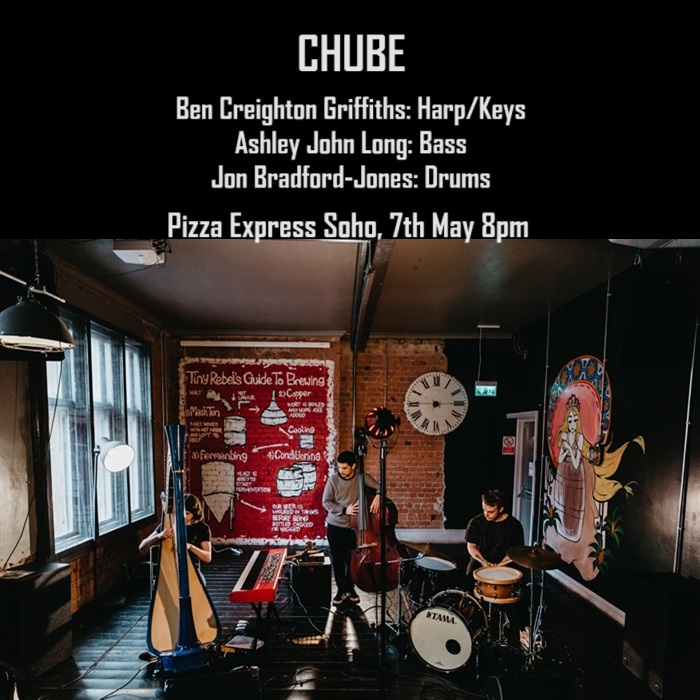


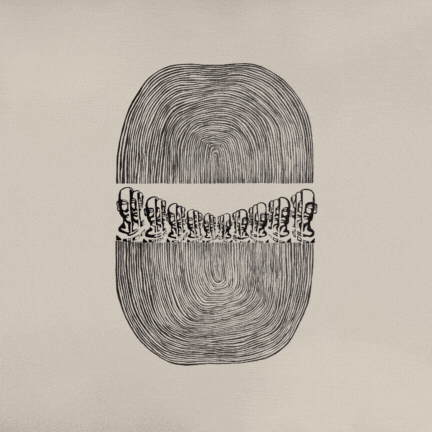


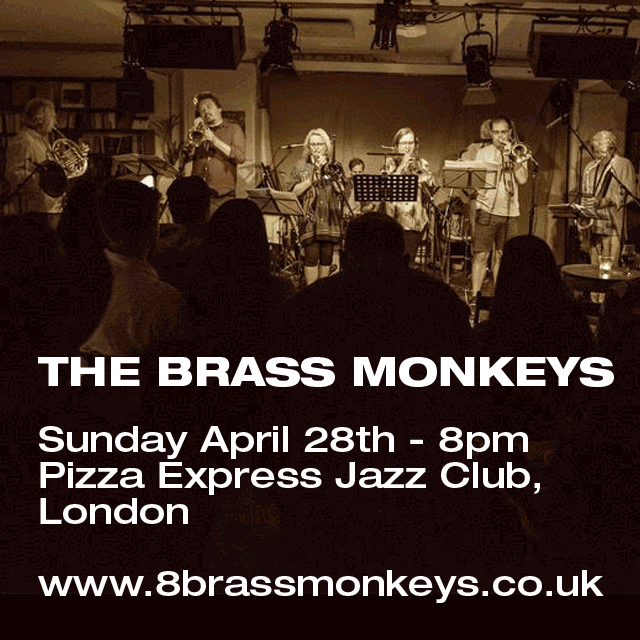
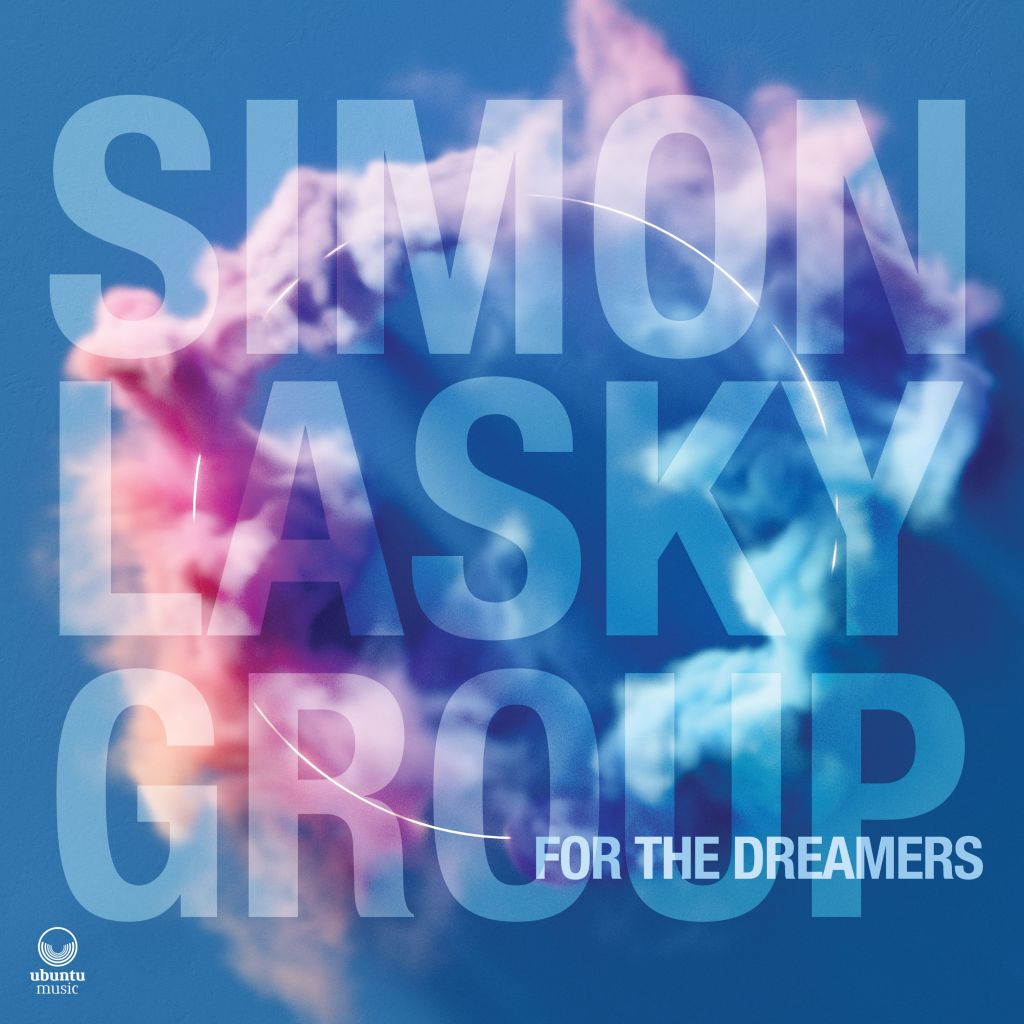
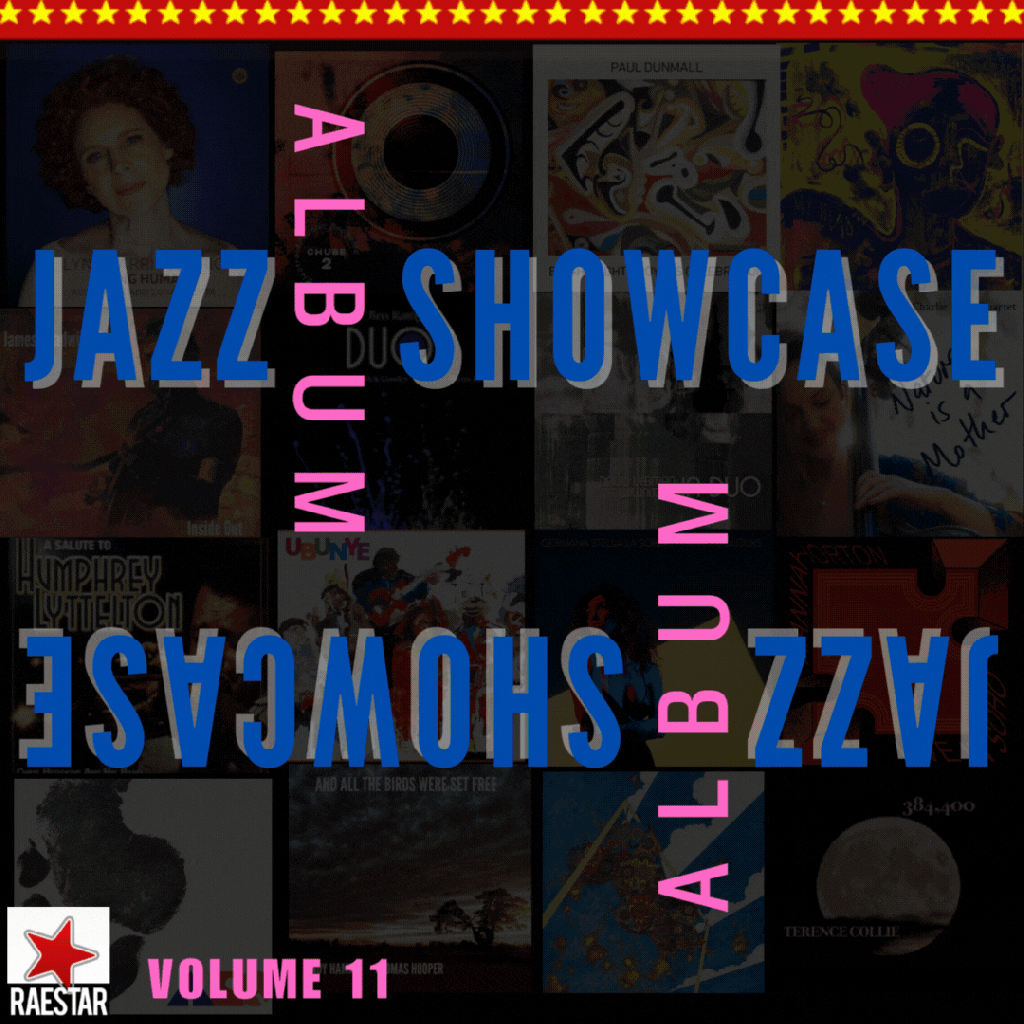

Why can't Jazz be accepted on its own terms like in Guy Barker's excellent survey of Swing last year? Why does it need a classical concert orchestra to give it prom status?
And why the Ellington pieces in a tribute to Gillespie?
The Gillespie big band charts in the late1940s included important pieces by the likes of John Lewis (“Two Bass Hit”), George Russell (“Cubano Be”, “Cubano Bop”) and Tadd Dameron (“Good Bait”) any one of which would have been a welcome alternative to the lack-lustre version of “Caravan” – which seemed at times to owe more to the school of “In a Persian Market” by Ketelbey than to Ellington or Gillespie.
The style and repertoire of the Gillespie Big Band of the late 1940's were inexplicably under-represented. That band had a raw heat and drive sadly lacking in the BBC Orchestra's arrangements apart from fragments of “Manteca” and “Night in Tunisia” where the strings in particular slowed the ensemble down.
Alison Bentley writes:
Thanks for your interesting comment. It would be wonderful to have a whole evening devoted to Dizzy and a whole evening devoted to Ella in Proms to come.